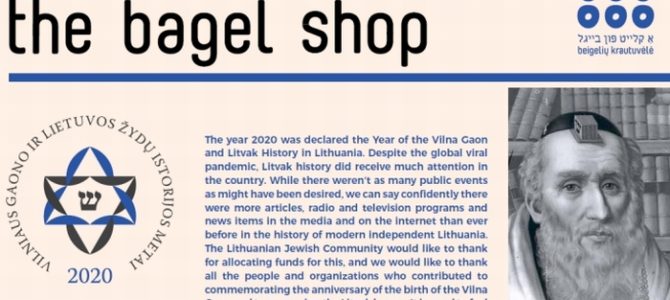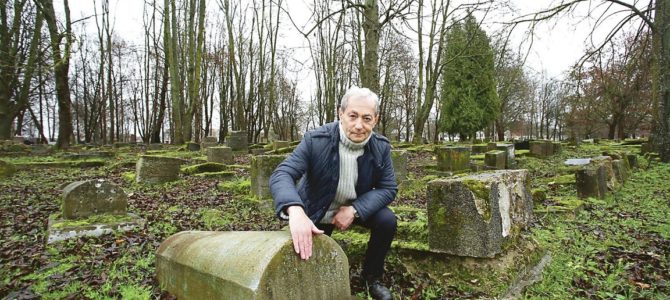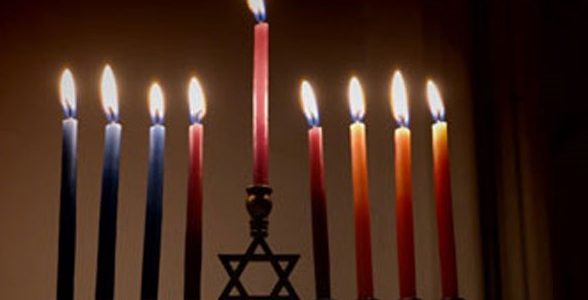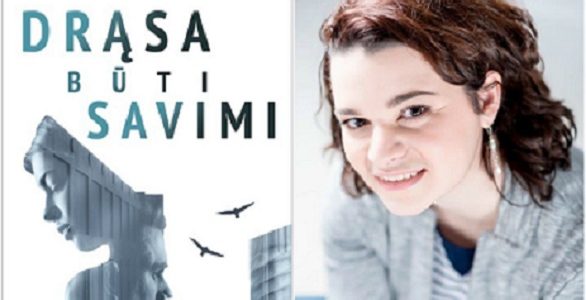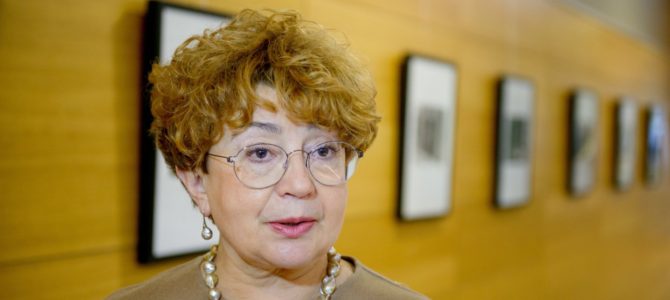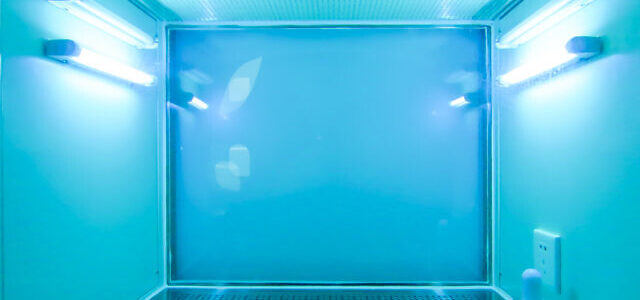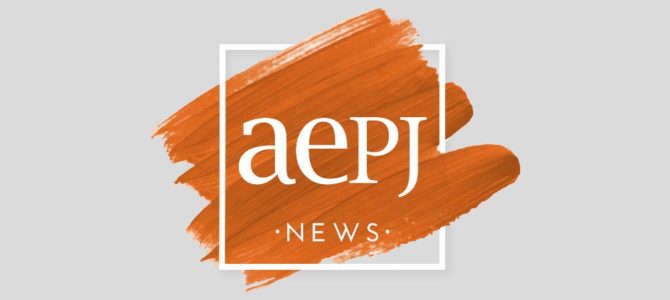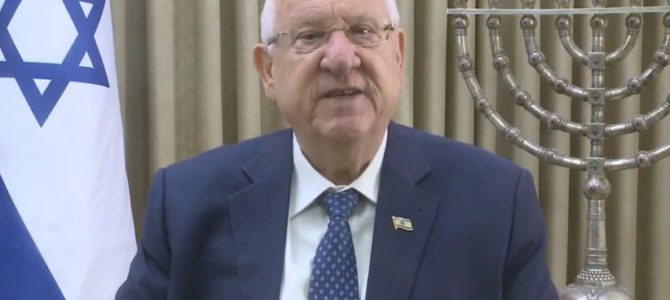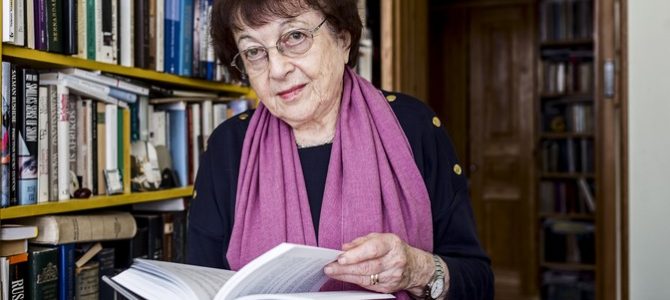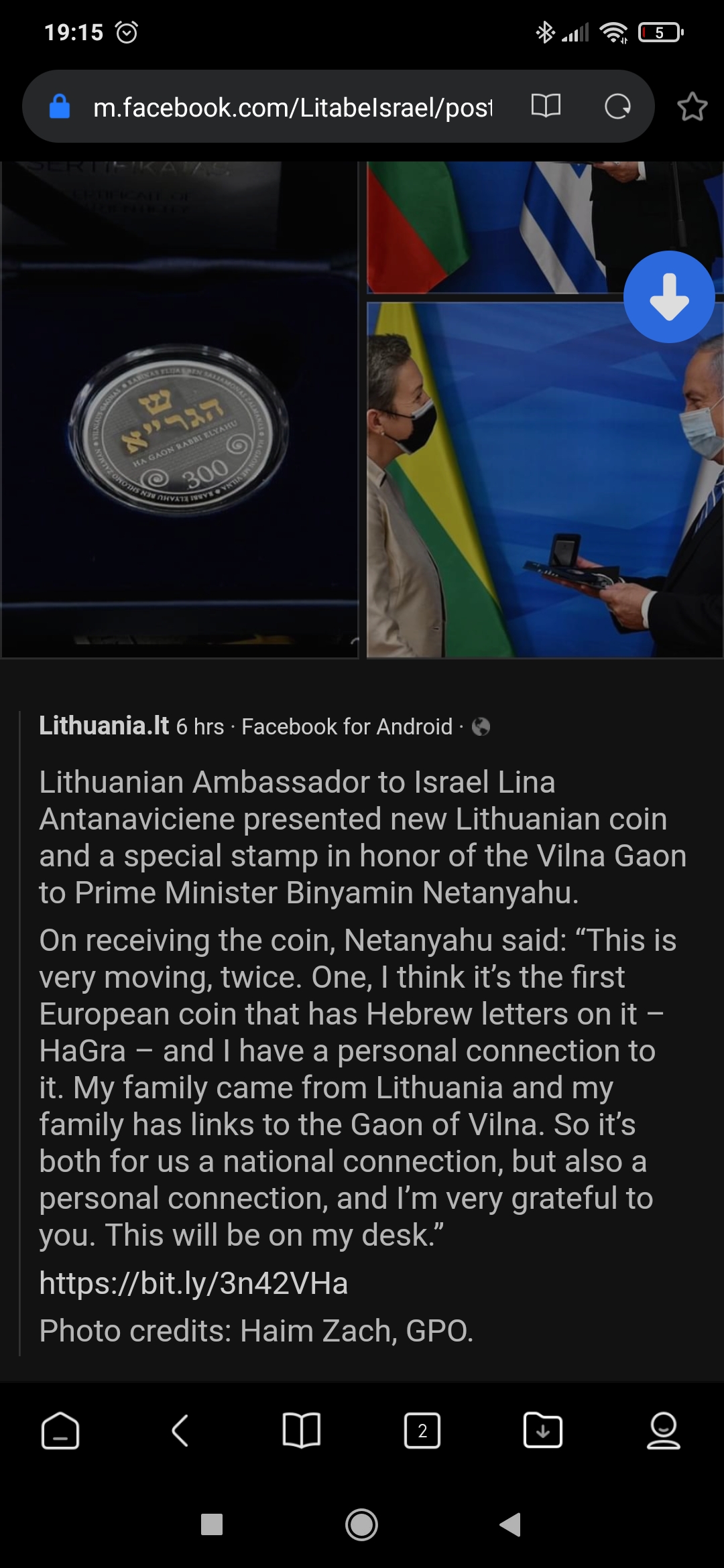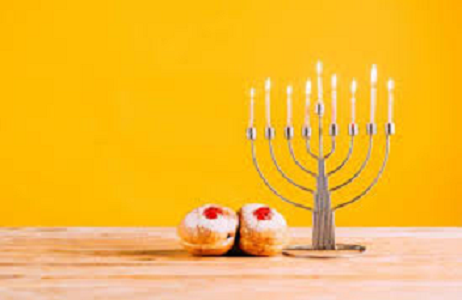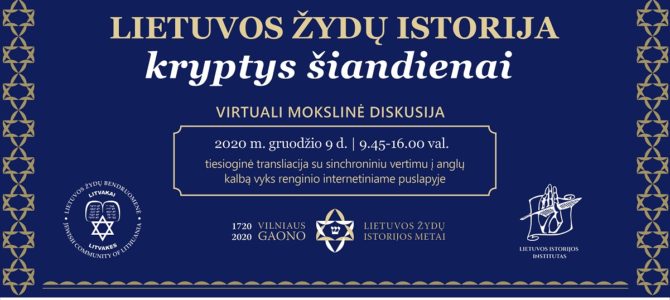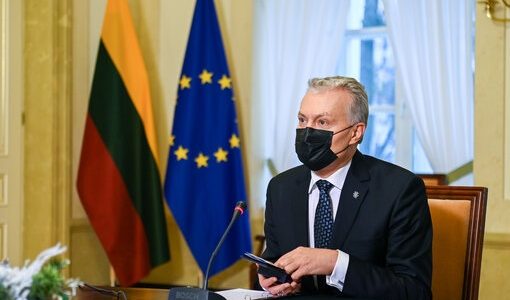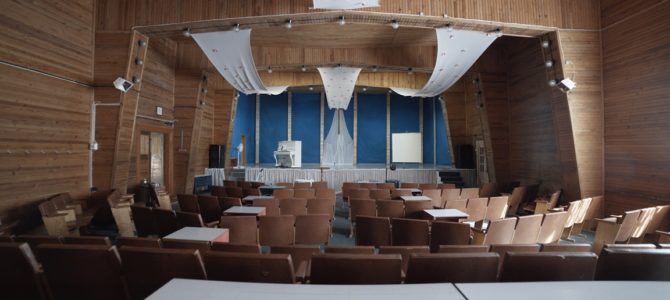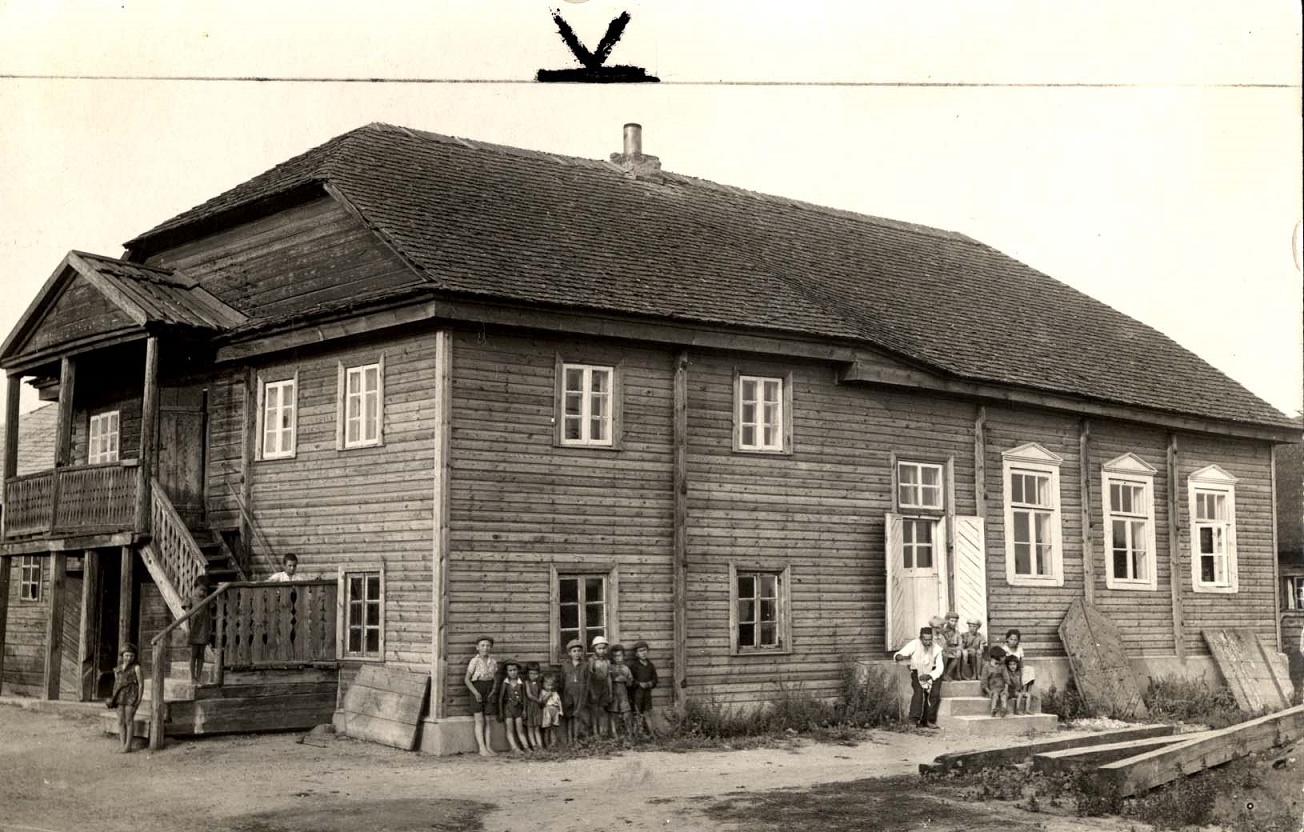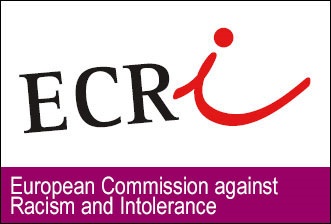
December 4, 2020
As Lithuania’s Year of the Vilna Gaon and Litvak History draws to a close, Lithuanian president Gitanas Nausėda met via internet with Lithuanian Jewish Community chairwoman Faina Kukliansky and discussed current issues of concern to the Community.
“Lithuanian Jews are an inseparable part of our society and have been since the time of the Grand Duchy of Lithuania. For centuries we built our country together, strengthening our learning, culture, business and security. Lithuanian Jews living in their homeland and abroad publicize Lithuania’s name,” the president said.
The Litvak contribution was celebrated around the country and the world as Lithuania marked the 300th anniversary of the birth of the great Lithuanian rabbi and Talmudist Elyahu ben Solomon Zalman, better known as the Vilna Gaon, and the 700th anniversary of Jewish history in Lithuania. The World Litvak Congress scheduled to meet in Vilnius and Israeli president Reuven Rivlin’s planned visit to Lithuania were postponed because of corona virus fears.
Chairwoman Faina Kukliansky presented the Lithuanian president a medallion commemorating the Year of the Vilna Gaon and Litvak History in the name of the entire Lithuanian Jewish Community. The medallion and commemorative coin issued by the Bank of Lithuania bears a symbol composed of the Jewish Menorah and the Post of Gediminas, an early symbol of Lithuanian statehood and power. The medallion also bears an inscription in Lithuanian from Moshe Kulbak’s poem Vilne: “You are a dark cameo set in Lithuania…”
In their discussion the president said the state is solving and will solve issues involving historical memory and will maintain a policy course of intolerance towards expressions of xenophobia.
The head of state thanked the Jewish community for its active role in society and wished the community light and peace as the holiday of Hanukkah approaches.
Communications group of the Office of President
